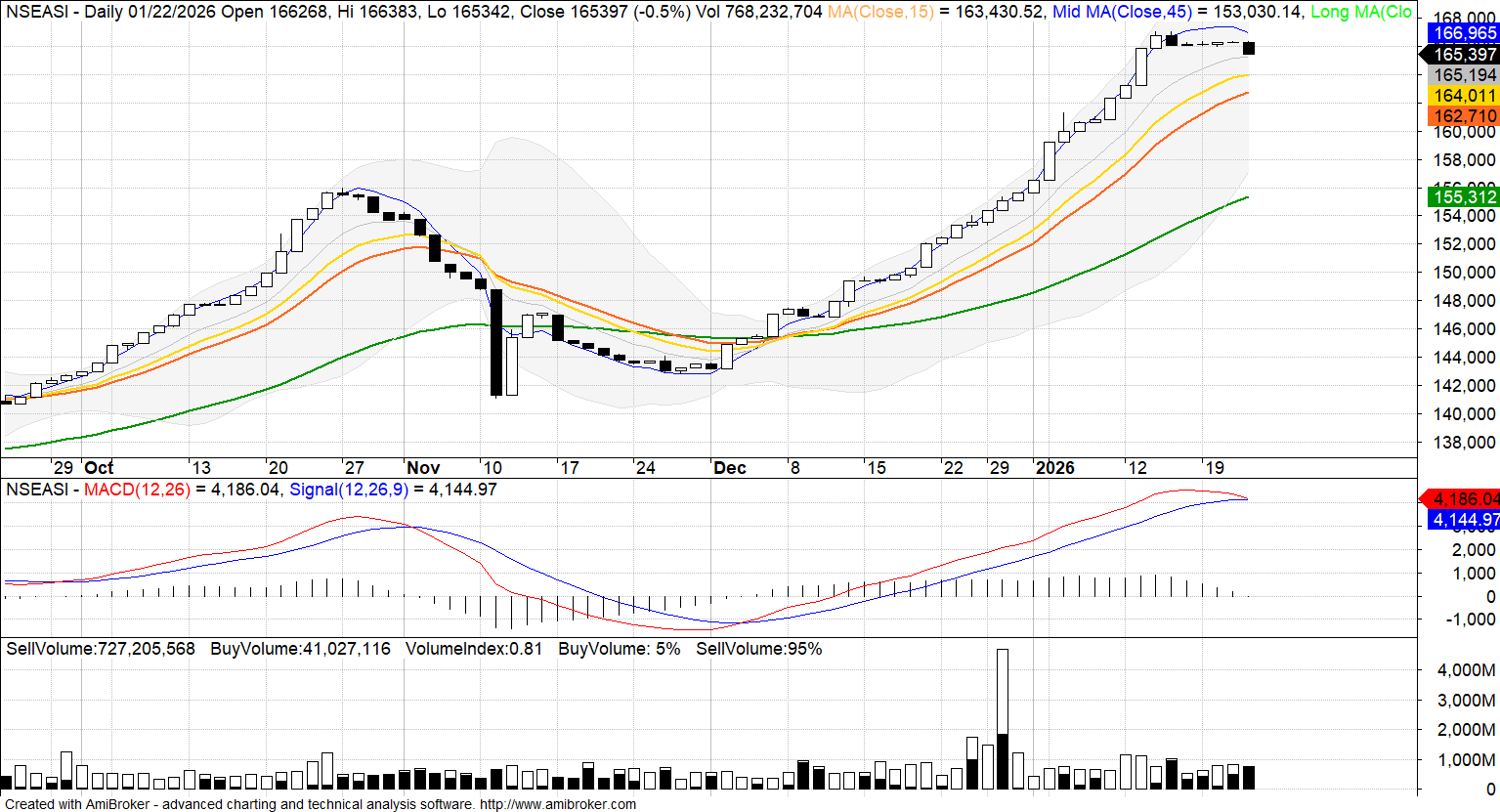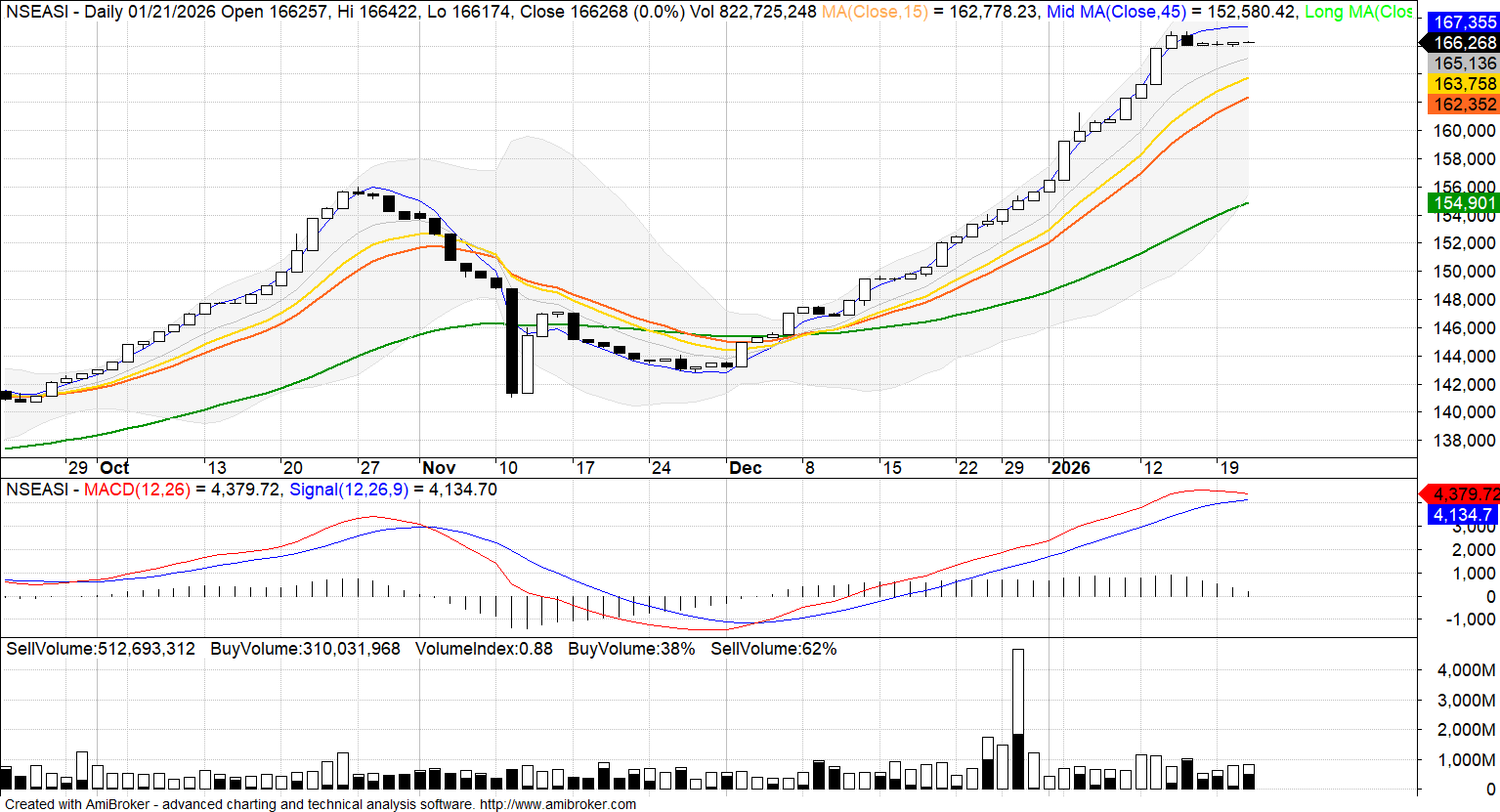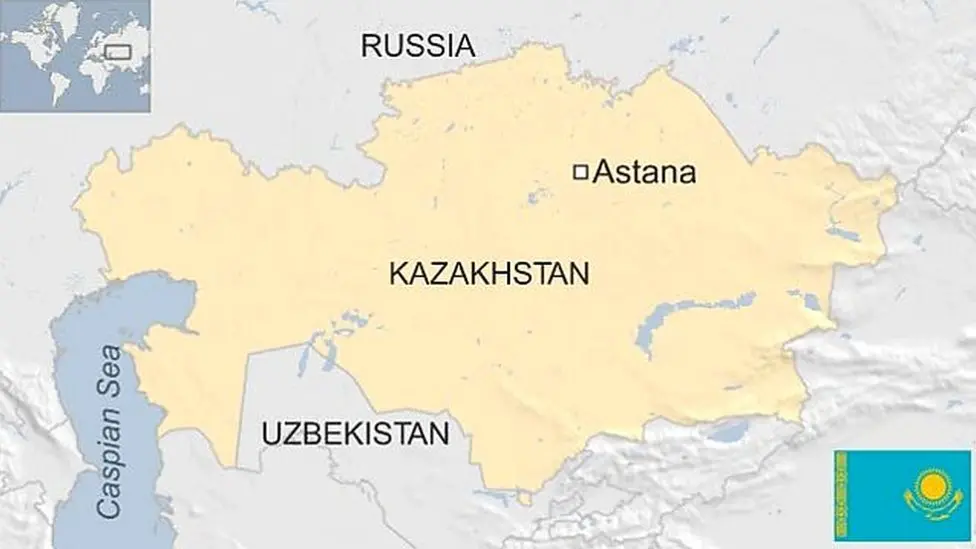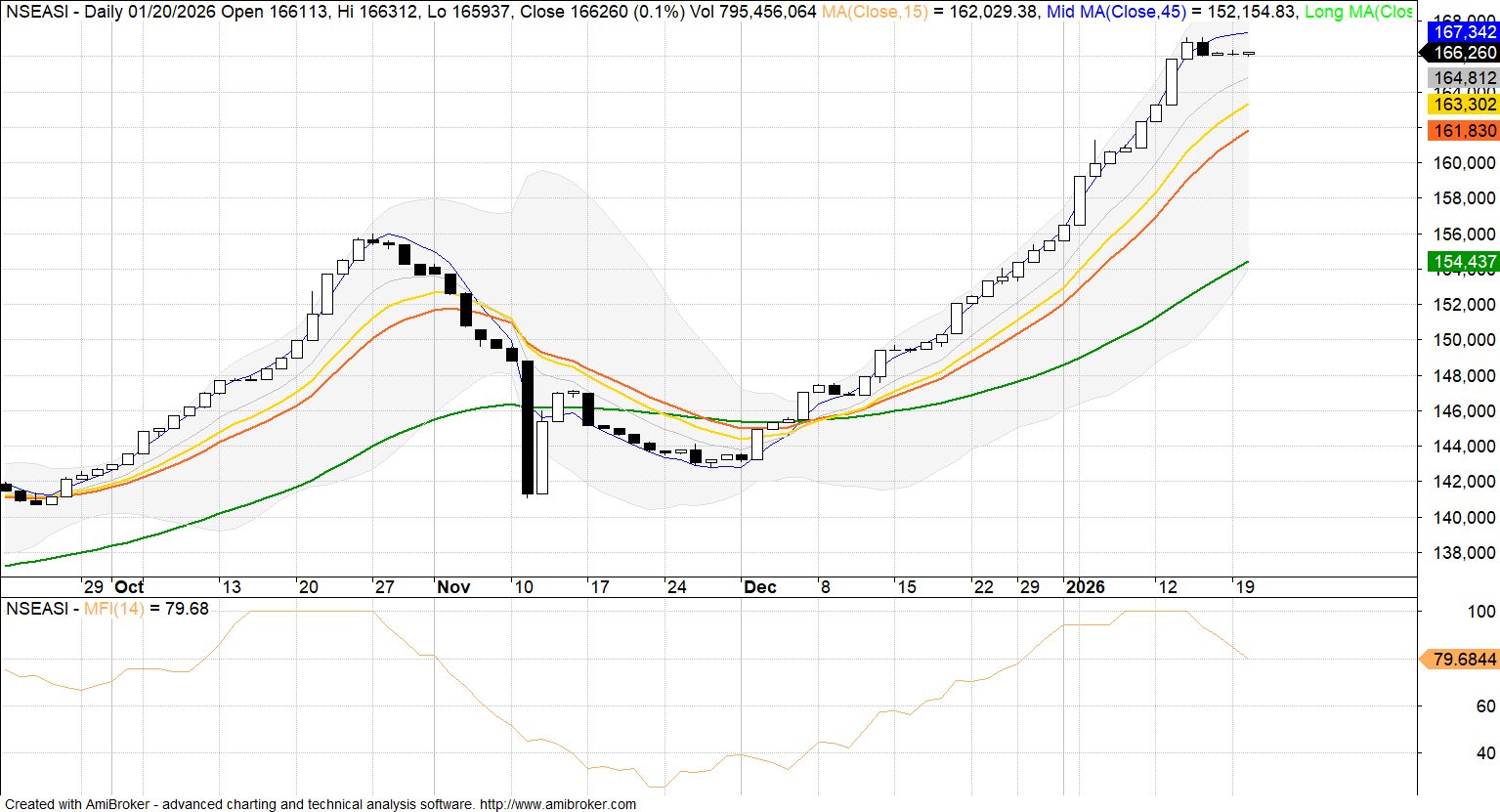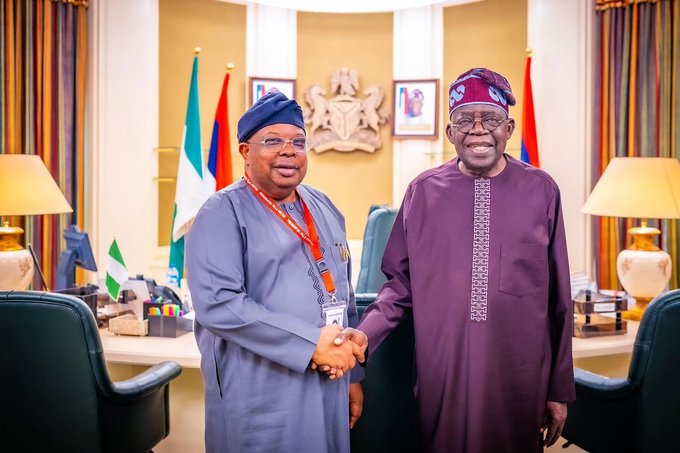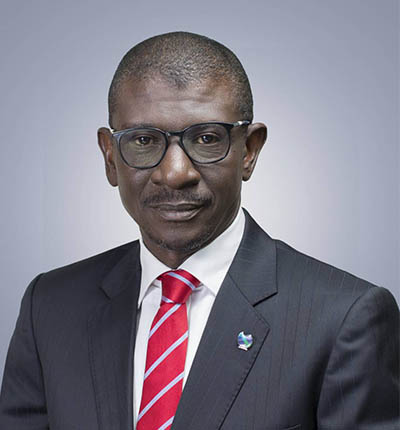
Abubakar Bello, managing director and chief executive of the Nigerian Export-Import (NEXIM) Bank, on Saturday in Lagos said there is no better time to ensure the diversification of the nation’s economy than now, to show that the government learnt any lesson from 2016 when the economy the slipped into recession.
The recession, he recalled, followed the collapse of the global oil price in 2015, arising from supply glut and weak economic growth, which impacted Nigeria’s economy adversely, resulting in lower government revenues with attendant budgetary pressures at all tiers of government and a decline in export revenue from US$97.82bn in 2013 to just US$34.70bn in 2016 before recovering to US$63.09bn in 2018. There was also the consequent “weakening of macro-economic variables with Naira exchange rate devaluation, rising inflation and high-interest rates.”
This, according to Bello who was keynote speaker at the 2019 conference of the Finance Correspondents Association of Nigeria (FICAN), with the theme “Unlocking Opportunities in Nigeria’s Non-Oil Sector,” therefore means that Nigeria must fully diversify its economy and move away from the dependence on oil to ensure sustainable growth and development.
The oil sector, he continued, “is also associated with the Dutch Disease phenomenon, often manifesting in Naira exchange rate appreciation, which makes other products less competitive in the export market.”
Bello, who was represented by Tayo Omidiji, noted, however, that the oil price crash was good for many Nigerian farmers as it had a positive impact on prices of agricultural produce in 2014-2015.
More significantly, he noted, “that the oil sector is an enclave, relying mostly on capital-intensive technology, with attendant consequences of low employment, which makes the sector incapable of generating enough jobs to address the growing challenge of unemployment in Nigeria, particularly amongst the youth.”
Meanwhile, he continued, the sector’s contribution to GDP suffering a systematic decline over the years, even as he listed challenges bedeviling Nigeria’s non-oil sector to include poor funding, following which it accounts for less than 1% of total loan to the private sector by banks; poor power supply; poor access to inputs; and policy constraints.
The NEXIM boss said the bank continues to play its role as an export credit guaranty agency, through funding and risk-bearing initiatives, following which it has fashioned a three-year strategic intervention programme to support the Federal Government’s Economic Recovery & Growth Plan (ERGP). He listed such areas as products and market diversification through support for non-traditional commodities exports; the creative economy; and partnering to reverse medical tourism.
For him, a situation where Nigerians spend about $1bn on medical tourism annually is not sustainable.
NEXIM, he added, is also embarking on developing one export commodity per state, for which a princely $1bn has been earmarked, an amount he expects would rise to $5bn over the next three years. This, he assures, will enhance competition as each state will ensure that it becomes self-sufficient and produce enough to meet export demand.
To address the issue of financing to the non-oil sector, he proposed an increase in the capital base of Nigeria’s Development Finance Institutions (DFIs) to enable them adequately finance the real sector, which requires long-term concessionary funds that deposit money banks cannot afford given the nature of the deposits they take.
He also harped on the development of Nigeria’s educational system to grow the requisite human capital that will enhance innovation and boost global competitiveness; in addition to building industrial parks.
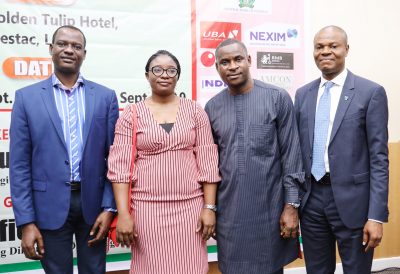
Caption: Taiwo Oyedele, Head of Tax and Corporate Services, PwC Nigeria Mrs. Odiri, Peter Aghahowa, Head, Corporate Communications Department, National Pensions Commission (Pencom), and Tayo Omidiji, who represented Bello Abubakar of NEXIM at the 2019 FICACN Conference in Lagos.
Speaking during a panel discussion on the topic, Mrs. Ogini Odiri, chief executive of United Capital Asset Management, said courage is needed as a country “to do what we need to do.”
She expressed concerns over the fact that economic diversification has, over time become synonymous with agriculture and government is moving the entire economy toward the sector, wondering: “Is that the place to go?”
What is rather needed at this time, Odiri believes, are innovative trade financing, with nobody ready to embrace agric sector risks, stressing that as long as the government continues to give us options that include risk-free instruments, nobody will look the way of agriculture, or SMEs.
She called for a proper understanding and dimensioning of the concept of risk for the nation to move forward.
In a goodwill message at the event, Peter Aghahowa, Head, Corporate Communications at the National Pension Commission (Pencom), who represented the acting Director-General, noted that the theme of the conference was apt at a time like this, assuring that Pencom, is become better placed to play its role in the economy with total assets currently at N9.6tr as of August 2019.
He also spoke of the ongoing efforts at attracting players in the nation’s large informal sector through the launch of its micro-pension scheme, which he expects would give the fund a quantum leap.


